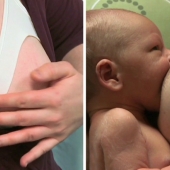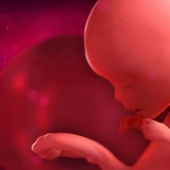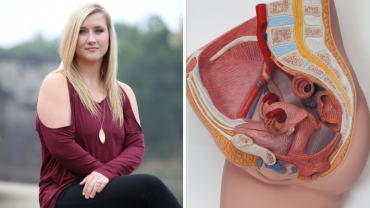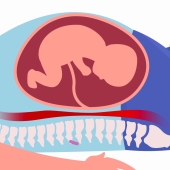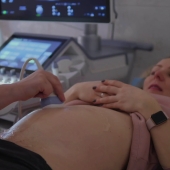The first one is that you can do something to ensure a healthy pregnancy and a healthy infant and child. Before becoming pregnant one of the key things there is to look at your body weight and your health in general. So you can improve your pregnancy and your infant's outcome by improving your own health before coming pregnant. So that's one misconception the second is that you're not eating for two.
When you're pregnant weight gain is very important and appropriate weight gain is very important. So you're not eating for two. Another important misconception that some families have is that breastfeeding isn't as important as it used to be.
Breastfeeding is still extremely important in Australia in the 21st century. Exclusive breastfeeding to around six months of age should be supported and encouraged. And breastfeeding should continue beyond that point if possible. There are many health benefits to both the infant and the chart for any breastfeeding for a long period of time.
Finally there are two more misconceptions that families have to consider both around the introduction of solids. Many families are confused about when this should be. Solid should be introduced around six months of age and there are many cues and signs that infants will give out to suggest they're ready for solid foods.
And then the second misconception is probably that allergens shouldn't be introduced into an infant's diet early, but it's not correct. All infants should have all foods introduced in the first year of life but not before four months of age. So things like eggs, dairy, seafood, fish, peanut, butter. Things that we used to be saying don't introduce until maybe one to three years of age that isn't that incorrect. The evidence is by introducing those foods in the first twelve months but not before four months protects your infant's against food allergy.
- 923 views

